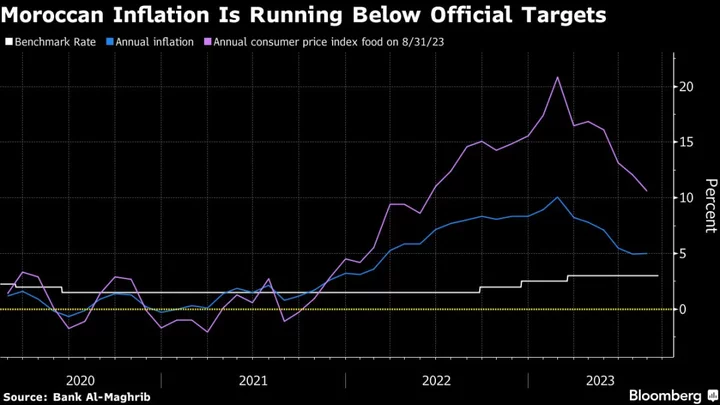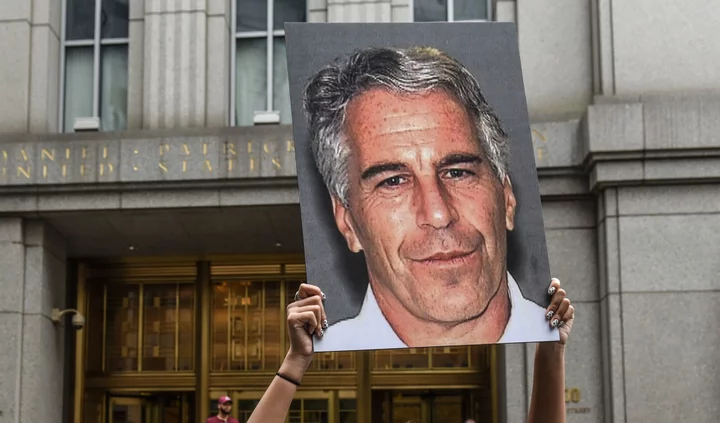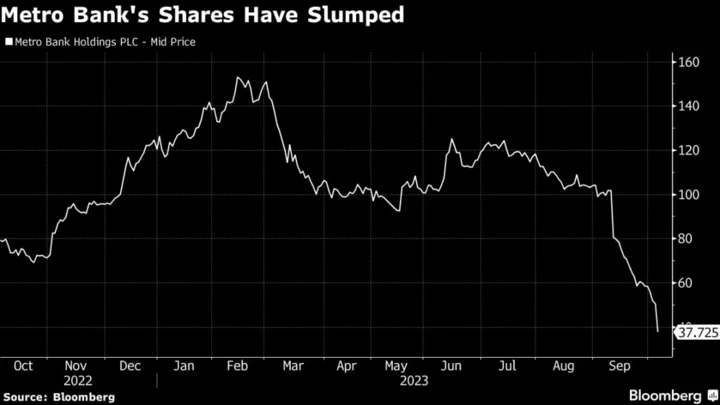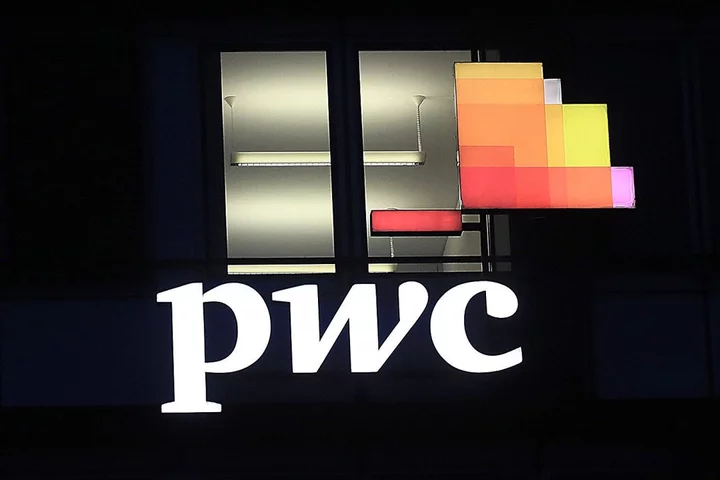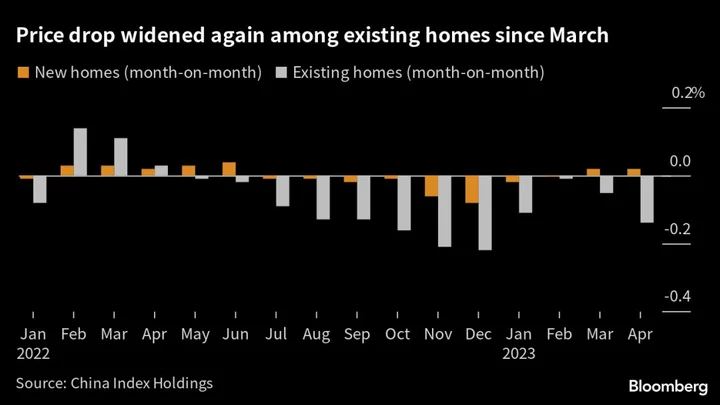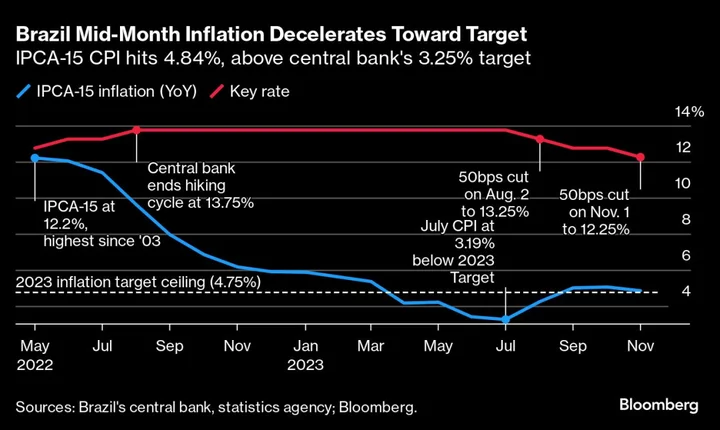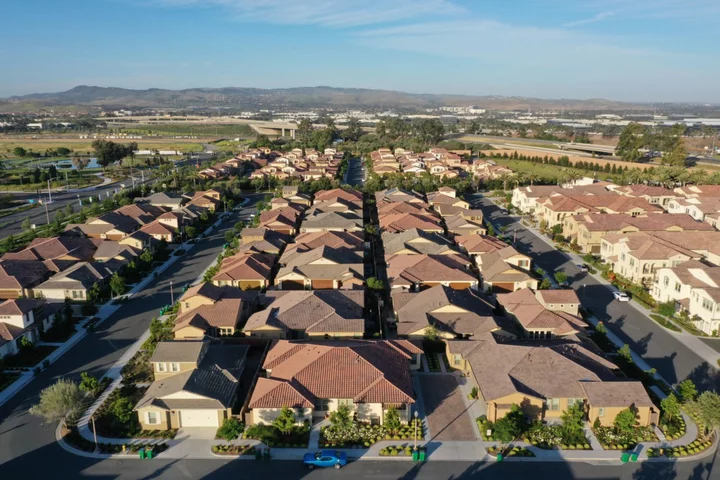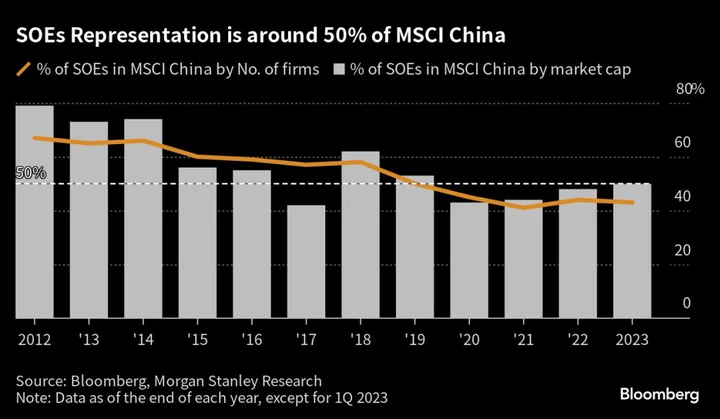Morocco is expected to keep interest rates unchanged for the next quarter to help finance the hefty cost of recovery from a major earthquake and after inflation fell to its lowest in almost a year and a half.
Major investors surveyed by Morocco’s biggest lender, Attijariwafa Bank, are nearly unanimous in their prediction that the central bank will keep its benchmark rate unchanged at 3%, the highest level since 2014, during a quarterly policy meeting on Tuesday.
Almost 3,000 people died and hundreds of thousands were displaced after the strongest earthquake to hit the North African kingdom in over a century struck the High Atlas mountains and the tourism hub of Marrakech this month.
“Important financing” needs to be mobilized for the reconstruction of the disaster zone, analysts at Bank of Africa’s research unit said in a note. This reinforces the likelihood of a rate pause, they said.
Read more:
Morocco Ends Historic Streak of Rate Hikes With a Surprise Hold
Quake-Struck Morocco to Spend Nearly $12 Billion on Recovery
IMF to Proceed With Meetings in Moroccan City Damaged by Quake
Morocco has earmarked $11.7 billion for relief and reconstruction spending, most of which will be disbursed from 2024 to 2028. The spending includes cash handouts to some 60,000 affected households and upgrades to infrastructure and services in some of the country’s poorest and least developed regions.
The central bank paused its rare monetary policy tightening cycle in mid-2023, citing the need to assess its effects on the economy and the impact of other measures taken by the government to control prices.
Inflation fell in July and August to below the central bank’s 6.2% forecast for 2023, adding to expectations that the pause will be extended.
A huge undertaking that targets 11% of the population, the reconstruction and relief plan will be funded through the government budget, local authorities, donations, international aid and a special fund created to manage the aftermath of the disaster.
The recovery cost amounts to about 2% of Morocco’s annual gross domestic product, with the government expected to resort to borrowing. Tuesday’s policy meeting is the last before the government unveils its 2024 budget bill next month.
Morocco has promised to begin direct cash handouts to millions of vulnerable people this year as a prelude to subsidy reforms later next year. It’s also expanding access to social welfare, building big ports and planning to extend its small high-speed rail network and triple the state-owned airline’s fleet.
“It all points to a potential rise in deficit, unless something big changes,” said Abdelouahed El Jai, a former monetary policy and research director at the central bank.
Winter Worries
With winter approaching, rainfall levels will be a determining factor in the central bank’s decisions going forward. Morocco’s economy is heavily agriculture-dependent and crop sizes are linked closely to overall growth and inflation patterns. Drought has crushed wheat harvests and hurt the economies of Morocco and other North African countries in recent years.
“The absence of rain would deal a blow to the collective morale and cause more pessimism among consumers and investors,” El Jai said.
Before the earthquake, the government announced it would reduce the budget deficit to 4% in 2024 from the 4.5% forecast for 2023 while projecting inflation would fall to 3.4% in 2024 versus 5.6% for this year.
Omar El-Houssaini, who sells traditional herbs and medicines, is worried a dent in tourism after the earthquake will mean less money for his wife and seven children. Times have been “lean and slow” since the disaster, the 62-year-old told Bloomberg, as he squatted near a display of ostrich eggs and exotic herbs in Marrakech’s Jamaa El Fna square.
“How can I pay my rent and food?” he said. “This is an expensive city.”

